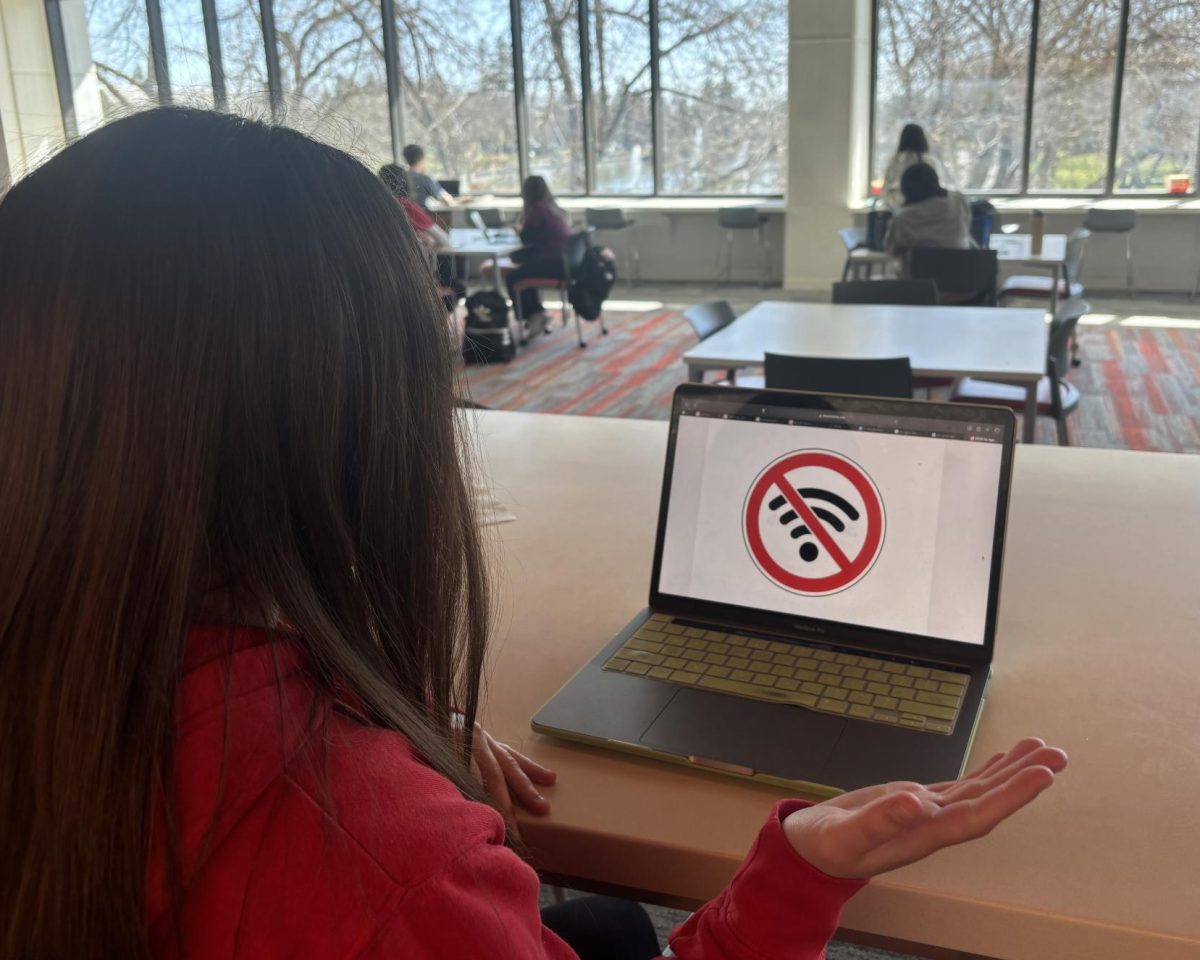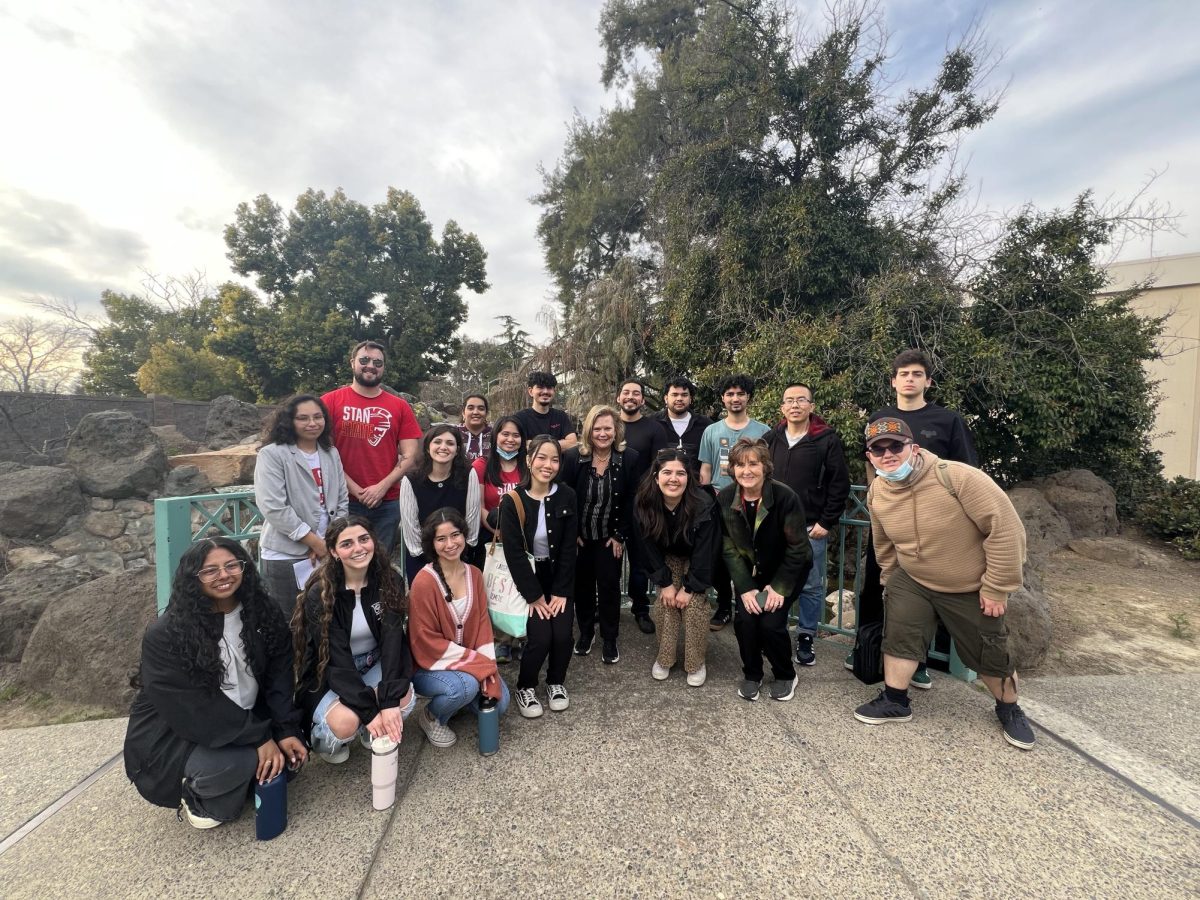In a world of online social interaction and limitless ways to stay connected with friends and peers, there will always be people who take advantage of the situation.
Since social media’s inception, people have been logging on to chat with friends and post pictures from vacations or other memorable occasions. Unfortunately also since its inception, social media has introduced experienced online users who will post cruel and insensitive comments or material directed at others.
These rogue users feed on the anger, frustration and pain of those they are terrorizing. Similar to the way a child plays the mimicking game or that game where they continuously ask, “Why?” to whatever you tell them.
While it’s easy to shrug off a small child’s annoying ways, it is much more difficult for young adults to deal with the same kind of cruelty from their peers. According to dosomething.org, nearly 43 percent of kids have been bullied online. One in four users has had it happen more than once. Additionally, bullied victims are two to nine times more likely to consider committing suicide.
We are all familiar with the potential outcome cyberbullying can yield: Columbine High School, Sparks, NV and most recently Marysville, WA. These flashbulb memories are some of the most iconic occurrences that have brought national attention to the issue of cyberbullying. Instances where adolescents or young adults have been pushed over the edge by the bullying of their peers.
Victims of cyberbullying are subjected to pain in many different forms. According to dosomething.org, the most common medium for cyberbullying is the cell phone. With the capabilities of modern smartphones to stay connected to all forms of social media, like Facebook, Twitter and Instagram, the potential for online bullying to occur has skyrocketed.
There is a relatively new social media app that has been growing in popularity among young adults. The application Yik Yak has been storming across the country for the past year, growing in popularity on college campuses in particular at a very high rate.
The app allows users to post anonymously to a general page and anyone within a mile and a half radius of your smartphone or mobile device can see what you have posted.
According to nobullying.com, 81 percent of young people think bullying online is easier to get away with than bullying in person. This statistic was taken in 2012 — a whole year before Yik Yak first launched.
A similar article published in 2012 in Psychology Today cited a study released by the University of British Columbia, confirming the higher incidence of cyberbullying versus traditional bullying. The study reported that approximately 25 to 30 percent of the young people surveyed admitted experiencing or taking part in cyberbullying. In comparison, only 12 percent said the same about traditional bullying.
The 2012 study also answers, in part, the question of why people cyberbully. Of the youth surveyed for the study, 95 percent indicated what was posted online was intended to be a joke, with only 5 percent meant to cause harm. Anonymity and lack of tone in what is meant by a post – similar to how emails are worded – can clearly lead to a feeling of being bullied thereby becoming one’s reality.
Categories:
Yik Yak: New app brings up old problems
By Ryan McLaughlin
•
November 20, 2014
0
Donate to Signal
Your donation will support the student journalists of California State University, Stanislaus. Your contribution will allow us to purchase equipment and cover our annual website hosting costs.
More to Discover







